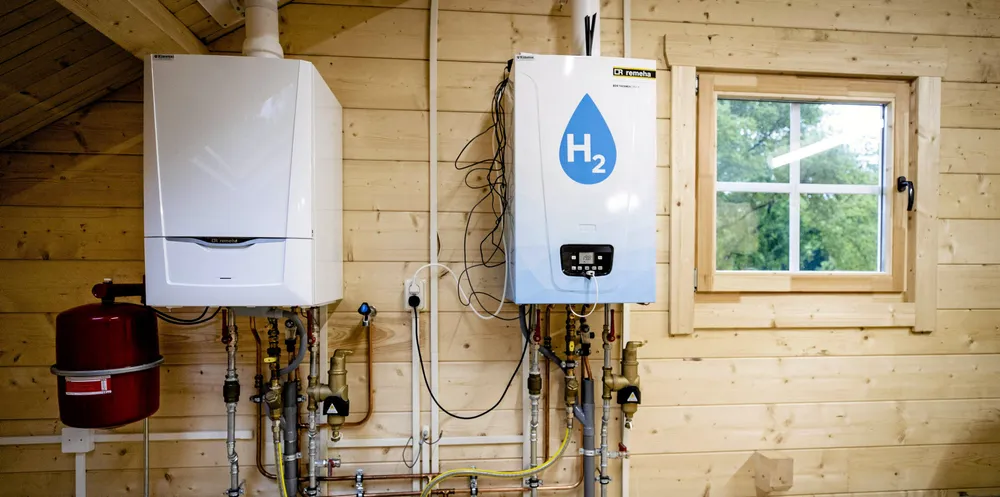Revealed | What 18 independent studies all concluded about the use of hydrogen for heating
Investigations repeatedly find that H2 will prove to be too expensive and inefficient compared to other clean alternatives such as heat pumps

A total of 18 independent studies produced since 2019 — including by the IPCC, IEA and McKinsey — have ruled out hydrogen playing a major role in the heating of buildings, according to a list compiled by renowned energy expert Jan Rosenow.
Several gas distributors, particularly in Europe, have been lobbying hard in recent years as they seek government backing to eventually swap the natural gas at the core of their business — used mainly to heat homes and businesses — with clean hydrogen.
But study after study has shown that such a scenario would be highly unlikely due to the costs and inefficiencies involved.
“This includes the costs, which are higher than other clean heating options such as heat pumps and district heating. It also includes environmental impacts because to deliver one unit of heat with [green] hydrogen requires about five to six times more renewable electricity compared to a heat pumps. This means five to six times more generating capacity, more resources and more land.”
He dismisses the idea that heat pumps — which are highly energy efficient and can also provide air conditioning — will not work in poorly insulated homes or in freezing conditions.
“Heat pumps are a proven technology widely deployed in cold climates and all types of buildings. It is a myth that heat pumps do not work in old buildings or in cold climates,” he says.
In addition to the expense and inefficiencies of using hydrogen to heat homes, there are also significant issues around the practicalities of converting appliances and networks to run on 100% H2.
For instance, a group of 90 European gas distributors campaigning for 100% hydrogen in their networks, called Ready4H2, has inadvertently demonstrated the exact opposite of its name — that gas grids will not be ready for pure H2 any time soon.
Rosenow defines “independent” as “not carried out by or on behalf of a specific industry (gas, oil, electricity, heat pumps, boiler manufacturers, etc”. So this excludes studies by lobbyists such as the Hydrogen Council and Hydrogen4EU, which are dominated by fossil-fuel companies.
The other independent reports in Rosenow’s list were written by academic institutions, including London’s Imperial College, the Potsdam Institute for Climate Impact Research, the UK’s Manchester University; research organisations such as Germany’s Wuppertal Institute and Öko-Institut, and the UK’s Centre for Research into Energy Demand Solutions; non-profit organisations such as the International Council on Clean Transportation and the Energy Transitions Commission; and analysts such as Element Energy, Agora Energiewende and Michael Liebreich.
In addition to his work at RAP, Rosenow also serves on the executive committee of the IEA’s demand-side management programme, and ha also advised the European Commission, European Parliament, and government departments in several countries, including the US.
(Copyright)